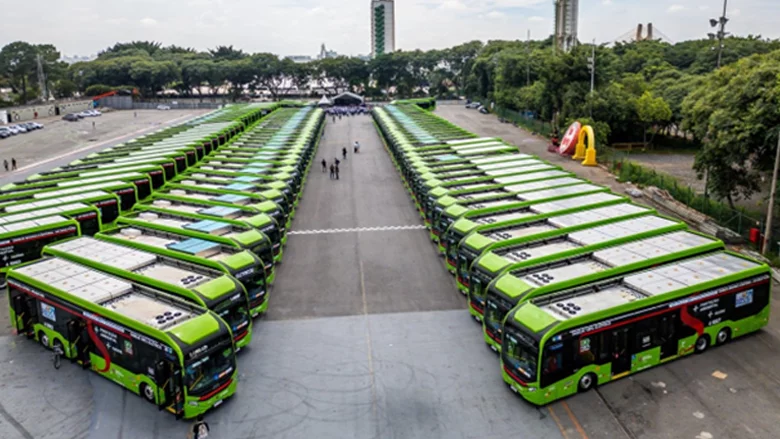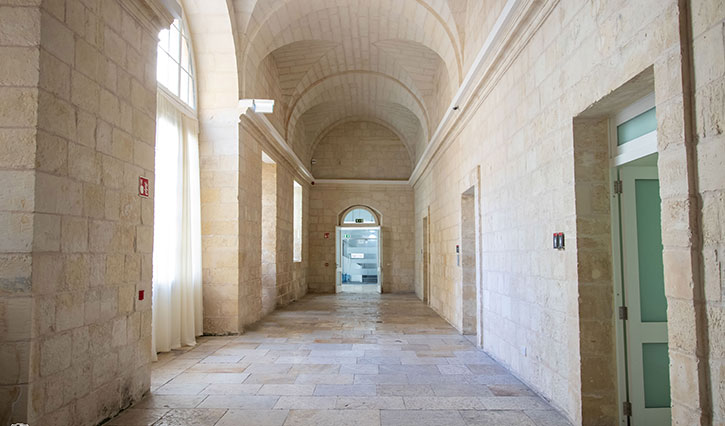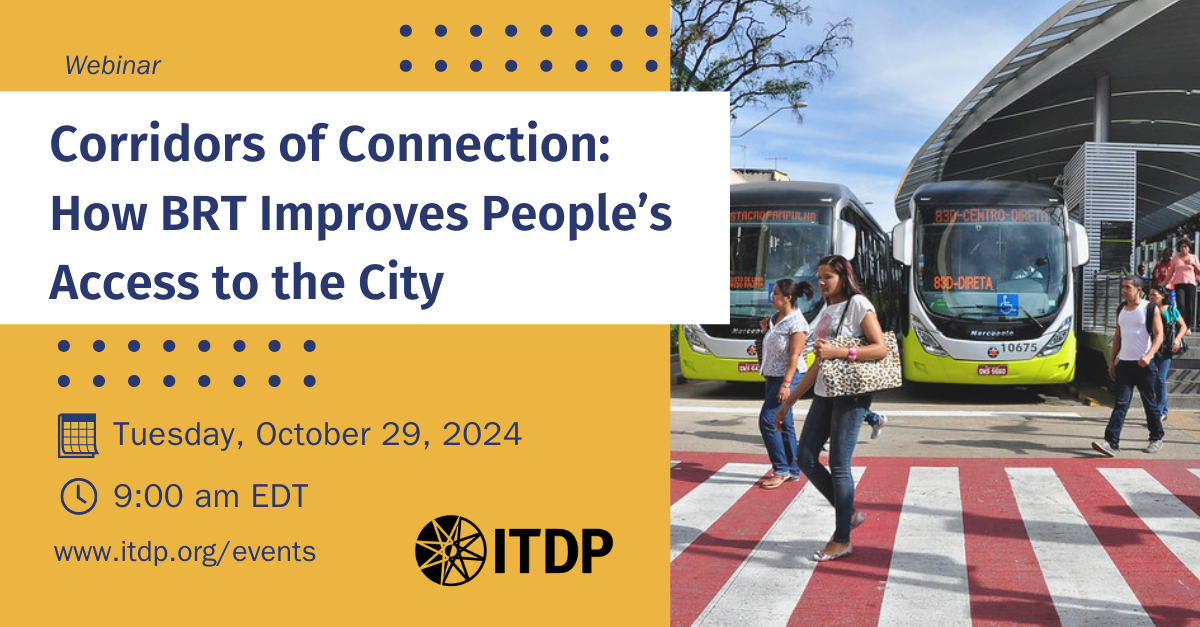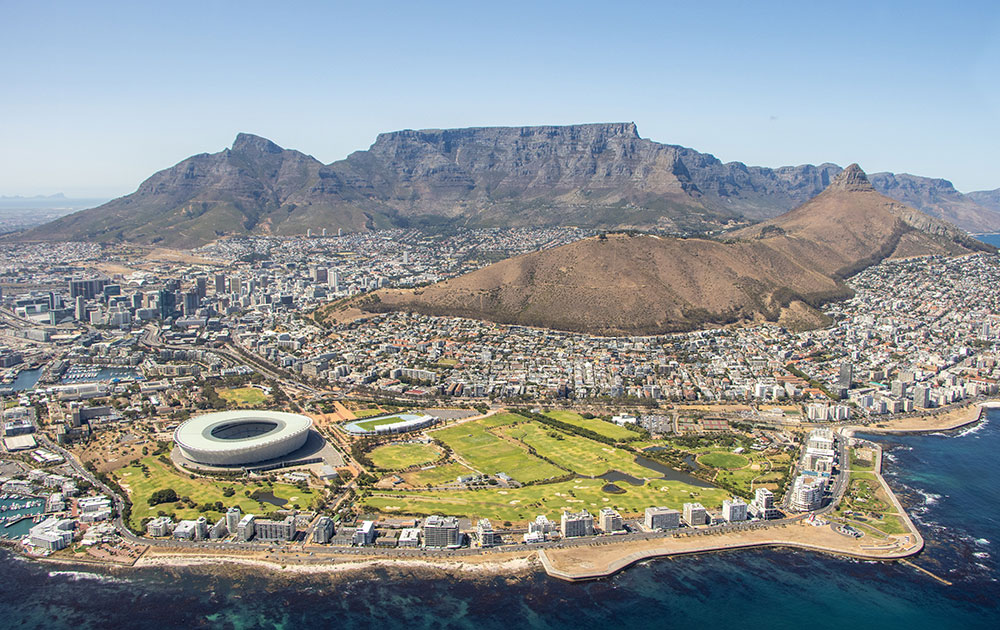Opinion Pieces: since 2007, Prof. David Hensher has written an opinion column in the Australasian Bus and Coach magazine, where he monthly discusses a lot of different transport-related hot topics. In this section we are revisiting these columns.
March 2011
Roads are possibly the most underpriced in terms of user contributions of all the public assets that we avail ourselves of. Regardless of whether some believe that governments should provide more road capacity to combat traffic congestion, it is an undeniable fact that if we provide more capacity under the existing road user pricing regimes (registration and fuel pricing only), then more cars will use the roads, quickly using up the additional capacity. The great sadness about all of this is that there is a presumption that we all have rights to enter the traffic and delay all other motorists, yet not contribute to the true cost associated with delay and lost time – the curse of congestion. It is estimated that over $9 billion a year is wasted in lost travel time or avoidable congestion costs, increasing to around $20 billion by 2020. This results in a predictable ‘tragedy of the commons’.
Many motorists argue that they pay enough anyway. But do they? There is enough evidence to suggest that they do not, for if they were being charged to use the roads at a level that is efficient then we would avoid much traffic congestion. Many politicians still believe (as a result of their actions) that roads should be free (toll roads being the exception); however “free” roads are not really free – the choice is between paying with time and frustration, or with money. Feel free to oppose it, but do not complain about the traffic. Opposing efficient pricing means you are choosing to endure continual congestion problems.
What we need to do in sorting out the pricing challenge is not to add a congestion charge on top of existing charges, but to undertake a complete overhaul of the entire charging regime, with options to replace some of the fixed charges (e.g., annual registration) with a usage charge based on kilometres driven by location (and vehicle emissions), so that those who obtain the greatest benefits (such as time savings) should contribute proportionally. This then would be a fair system in contrast to the current system of registration and fuel taxes, which is far from fair. Pundits who claim a congestion charge is not fair should carefully think about how fair the existing system is? Why should we all pay the same registration fee for a class of vehicle when we all travel different annual kilometres on the roads, at locations where congestion varies from nothing to significant?
The future of public transport must surely be linked to this tragedy of the commons if one believes in the adage that ‘to make public transport more attractive we have to make the car less attractive’.
Food for thought
¿Comments? ¿Opinions? ¿Similar News? Send them to us!





